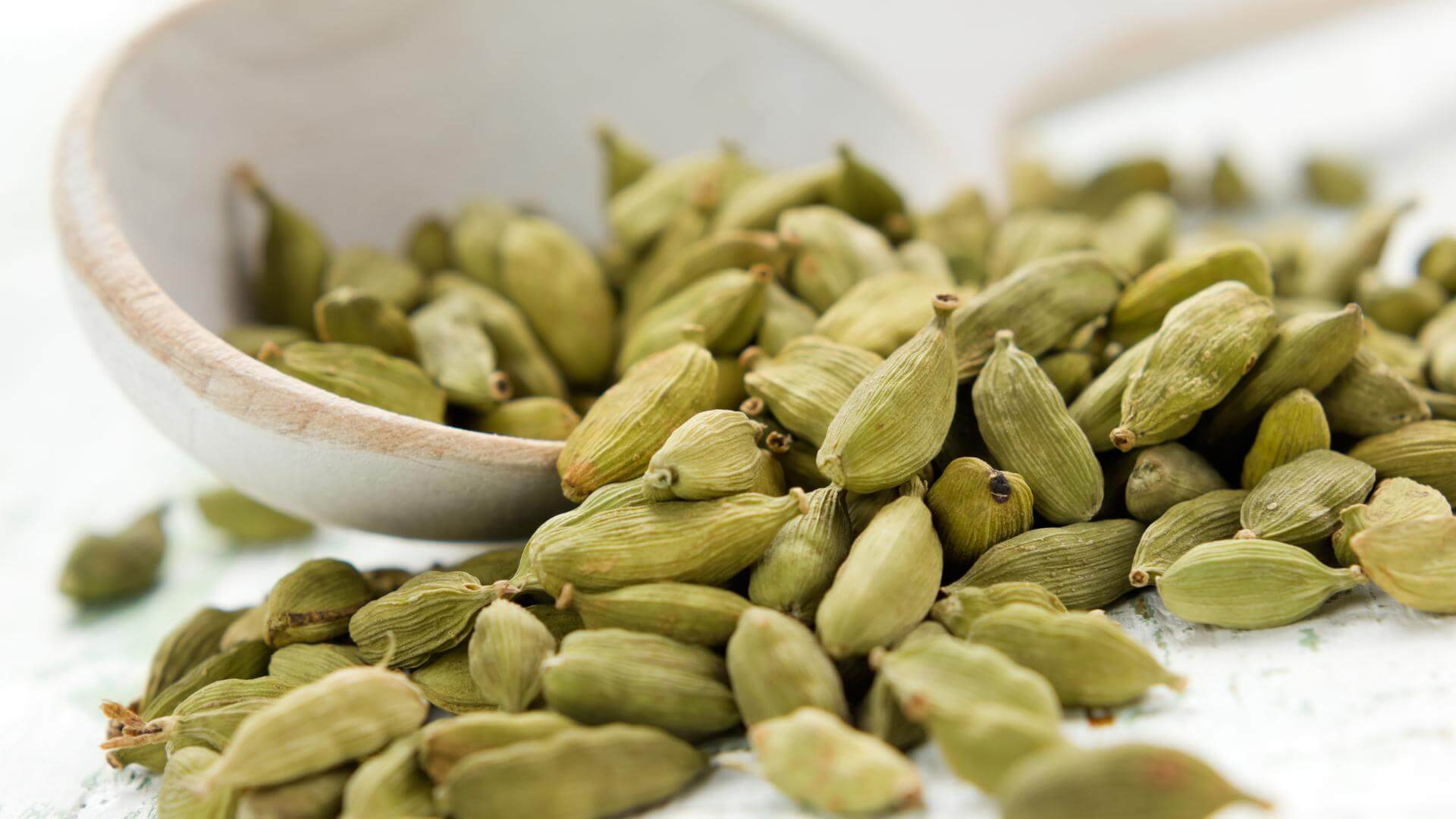The Wellness Brew: Unveiling the Hidden Benefits of Chai
Chai: A Blend of Flavour and Wellness In A Cup
If you're a fan of warm, aromatic beverages, then you're in for a treat.
Chai, with its captivating blend of exotic spices and robust black tea, not only offers a delightful taste experience but also holds a plethora of potential wellness benefits.
In this blog post, we will take a deep dive into the world of chai, exploring its unique composition and uncovering the secrets behind its positive impact on our well-being.

What is Chai?
Chai is a classic drink from India that has been popularised in the West, and for good reason.
This classic beverage is a type of Indian tea that combines black tea with a carefully selected blend of spices, creating chai's distinctive taste and aroma.
In India, chai is a staple drink commonly enjoyed with breakfast, adding a flavorful touch to the start of the day.
So are there any wellness benefits to drinking chai?
The good news is, yes there is!
Read on to find out how the ingredients in Collombatti Naturals chai can help provide you with a variety of noteworthy and potential health benefits.
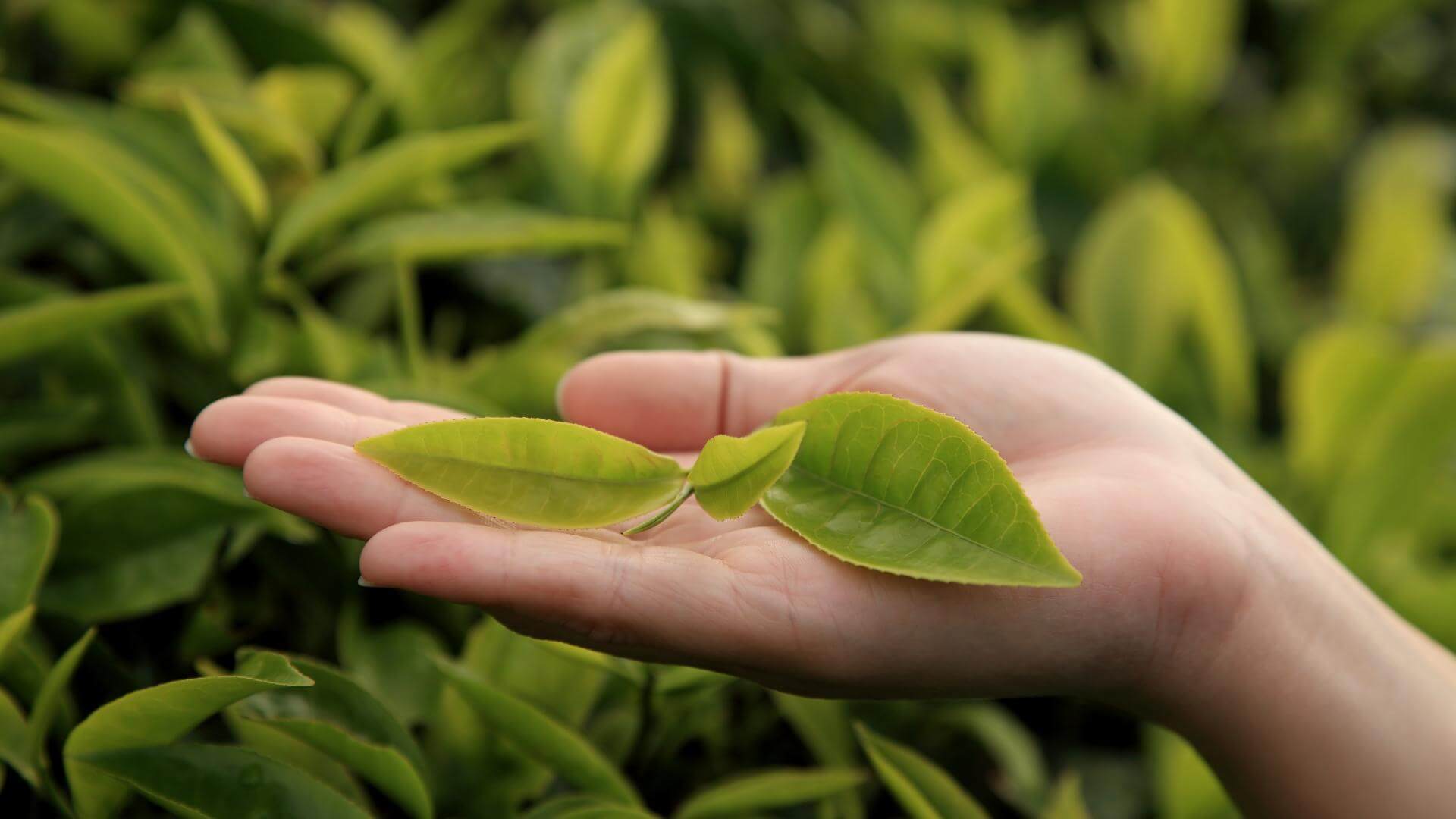
Black Loose Leaf Tea
Black tea is made from the leaves of a bush called Camellia sinensis and contains chemical compounds that act as antioxidants.
Research has found a positive correlation between tea consumption and reduced risk of disease. Drinking at least 2-3 cups a day may reduce your likelihood of developing some major diseases, like heart disease, diabetes, or strokes.
Although tea does normally contain some caffeine, here at Collombatti Naturals we use an Australian grown tea that is naturally low in caffeine. The good news is that this means you can enjoy a cup of chai at any time of the day!
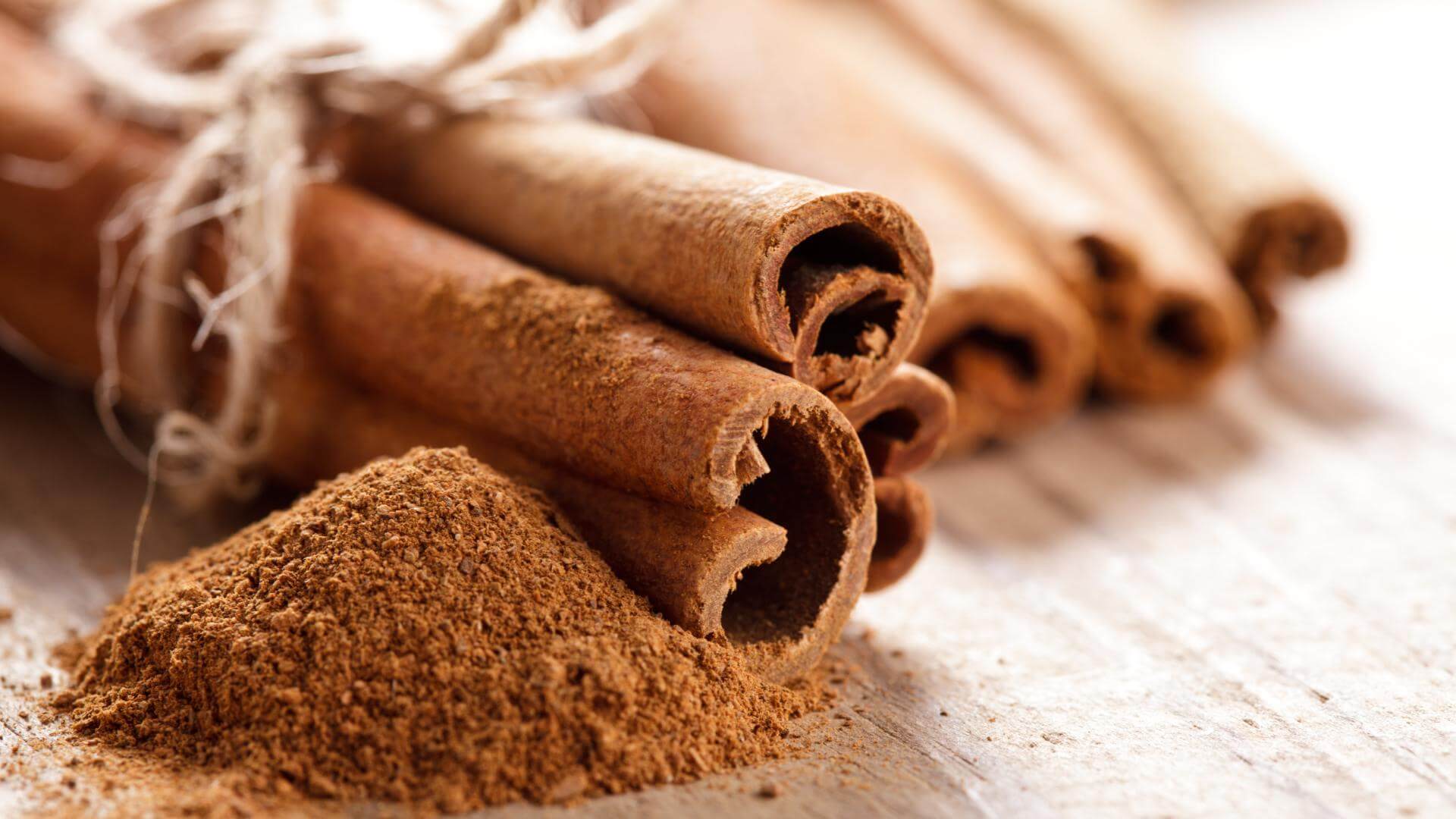
Cinnamon
There are several versions of chai recipes and the ingredient list may vary, but one ingredient that is always included is cinnamon.
Cinnamon has several dietary benefits, including anti-oxidants, anti-inflammatory properties, and the ability to help stabilise blood sugar levels and reduce insulin resistance. Cinnamon has also been shown to help fight bacterial and fungal infections, as well as lower blood sugar levels, reduce heart disease, and more.
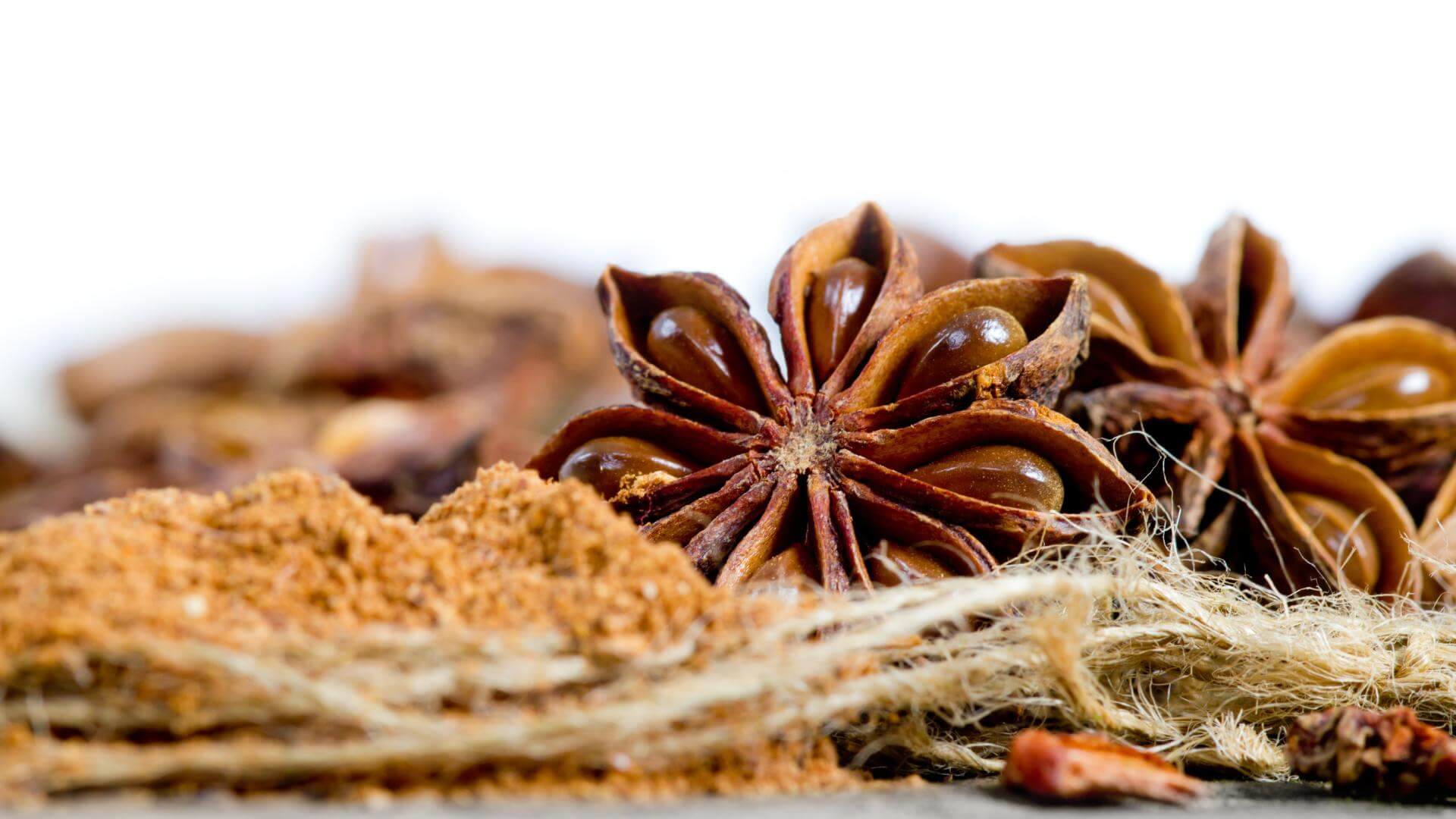
Star Anise
Star anise is aptly named for the star-shaped pods from which the spice seeds are harvested. With an unmistakable licorice flavor, it is a spice with a distinct flavour and aroma.
This spice has several compounds that contribute to its antioxidant, anti-inflammatory and antimicrobial properties and has been also been found to be a natural aid to relieve stomach aches, sore throats, and headaches.
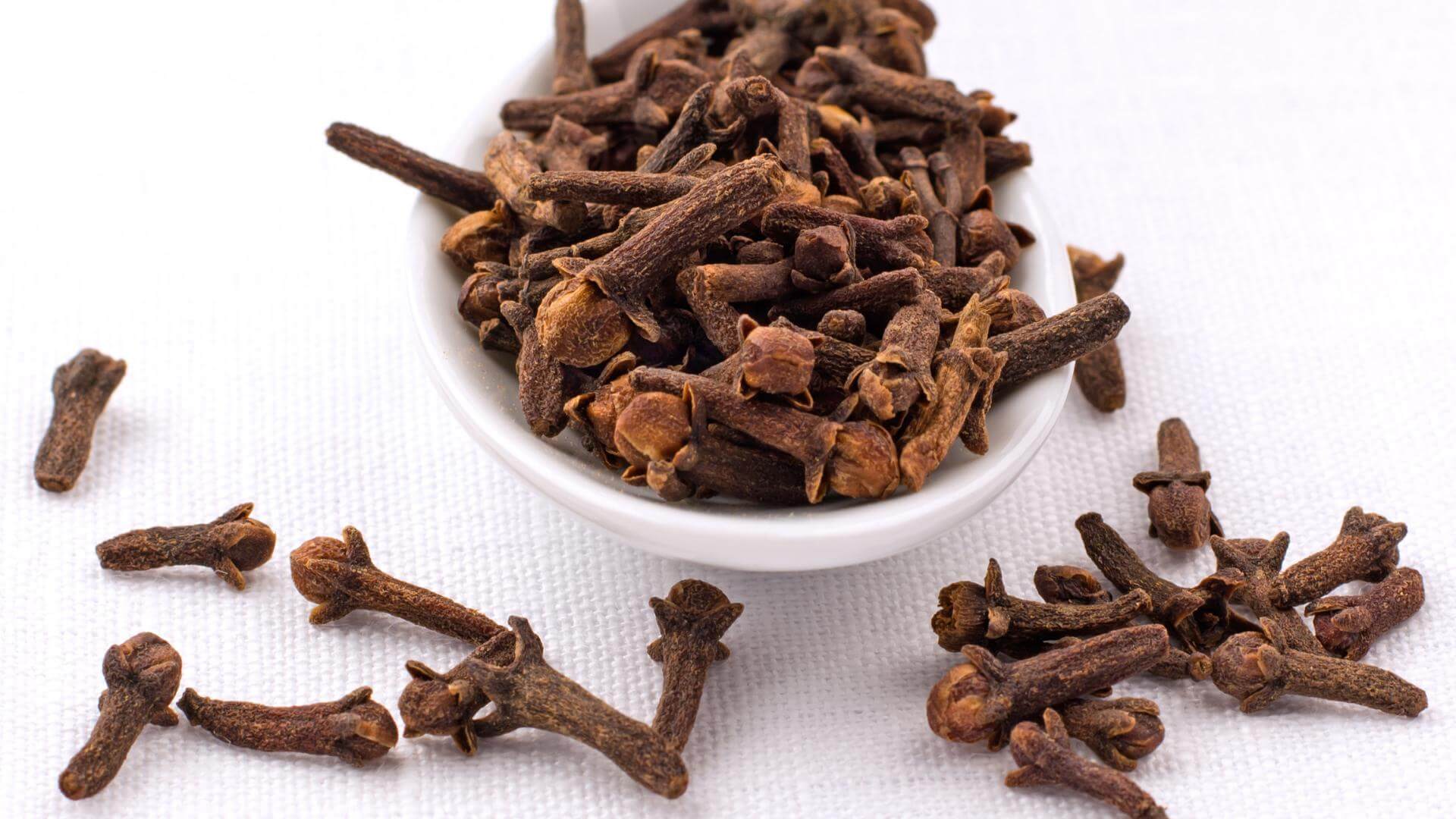
Cloves
Cloves are a great addition to chai as they only add some natural sweetness, but they also have several health benefits such as being a natural anti-inflammatory and may help boost the immune system.
Cloves are also one of the most effective and versatile natural remedies, with strong antimicrobial properties that has been found to be effective on different strains of bacteria and fungus.
It has been used for many centuries as natural pain relief, particularly by those suffering with tooth ache.
Cardamon
Cardamom has been used as a flavoring for centuries. The spice has anti-microbial properties and can help fight bacterial infections.
Studies have also shown that it help to lower blood sugar levels for individuals that suffer from conditions such as diabetes.
Cardamom is an excellent source of vitamin C, which helps people to stay healthy during cold season.
It has also been used throughout the ages as a treatment for bad breath and to improve oral health due to its anti-bacterial properties.
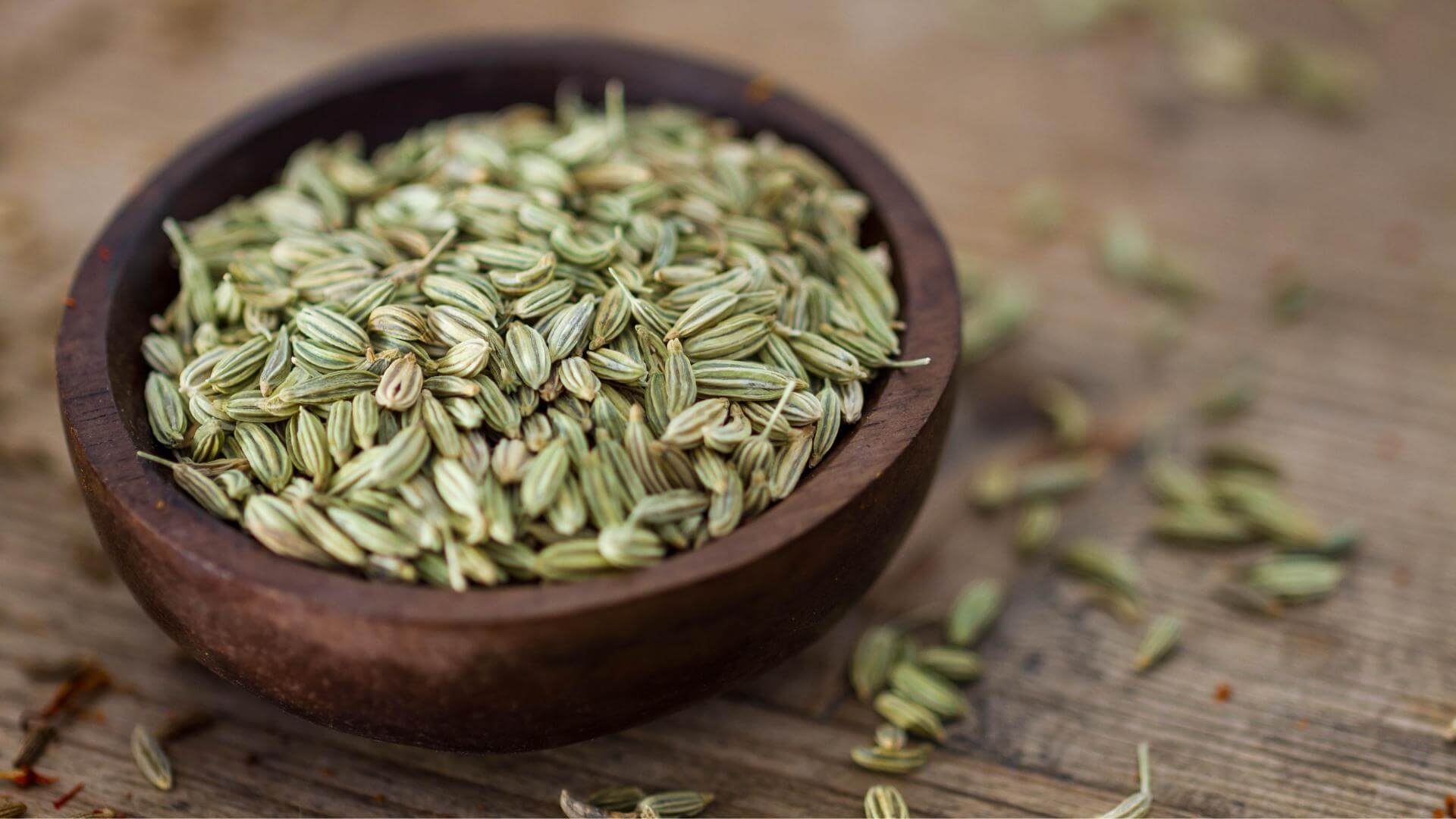
Fennel seeds
Fennel seeds provide nutrients such as vitamin C, calcium, potassium, manganese and magnesium.
This herb is used in many parts of the world as a natural aid to help with bad breath, thanks to its anti-bacterial properties and may also help reduce flatulence, heartburn, bloating and inflammation.

Coriander seeds
Coriander seeds are full of antioxidants and vitamins A, C & K and the minerals iron and calcium.
The essential oil contained in coriander has antimicrobial compounds. Trials have shown that they may be useful against some infections and have also been found to aid digestion by helping to ease abdominal pain and bloating.
Coriander is also being studied on it’s natural ability to help reduce blood sugar.
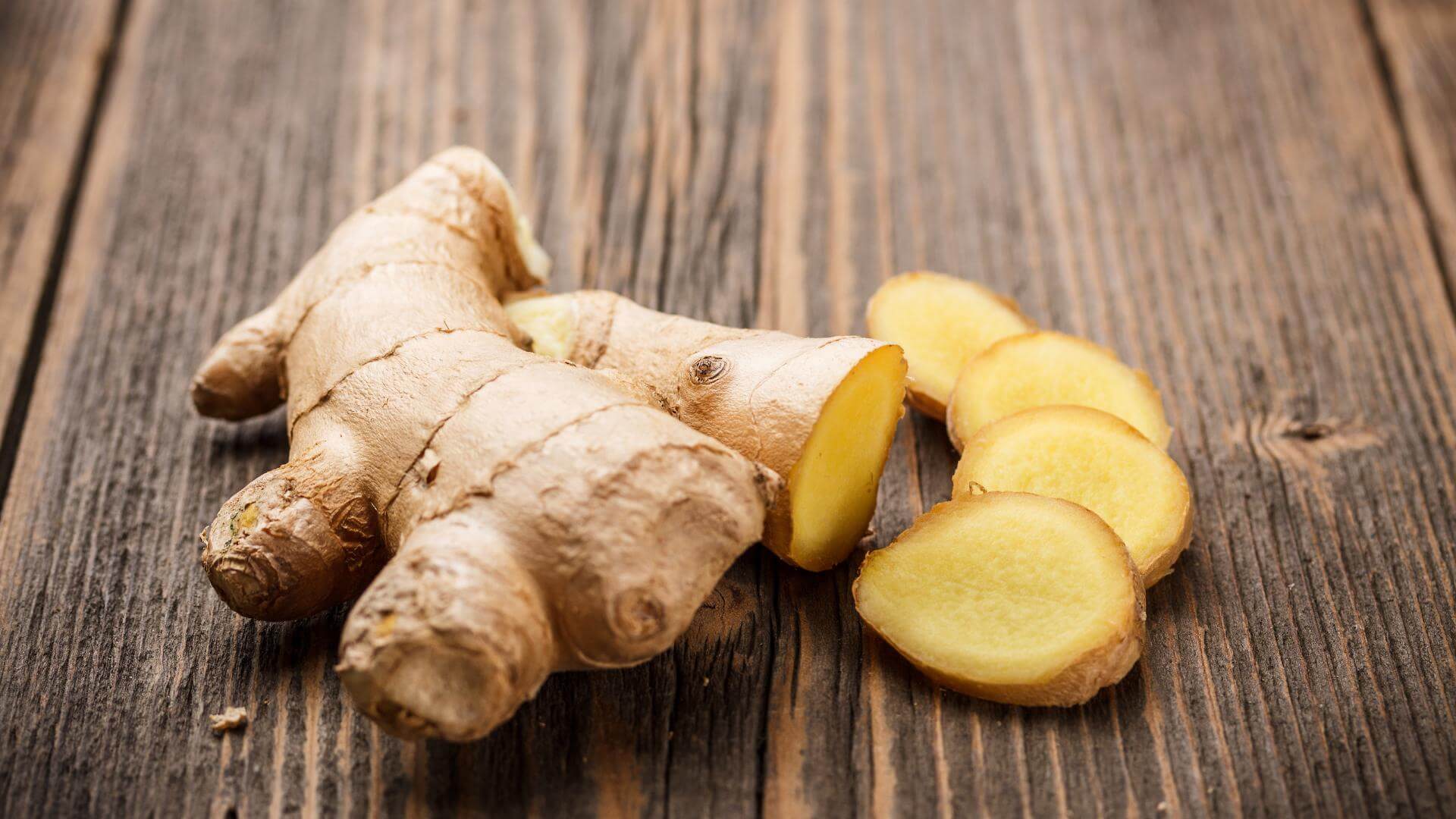
Ginger
Ginger is well known for its anti-inflammatory, antibacterial, and antiviral properties.
Throughout the ages, ginger has been used as a natural digestive remedy and to help alleviate nausea, including morning sickness. It can also help stimulate your appetite, relieve indigestion, and has long been a popular remedy for travel sickness.
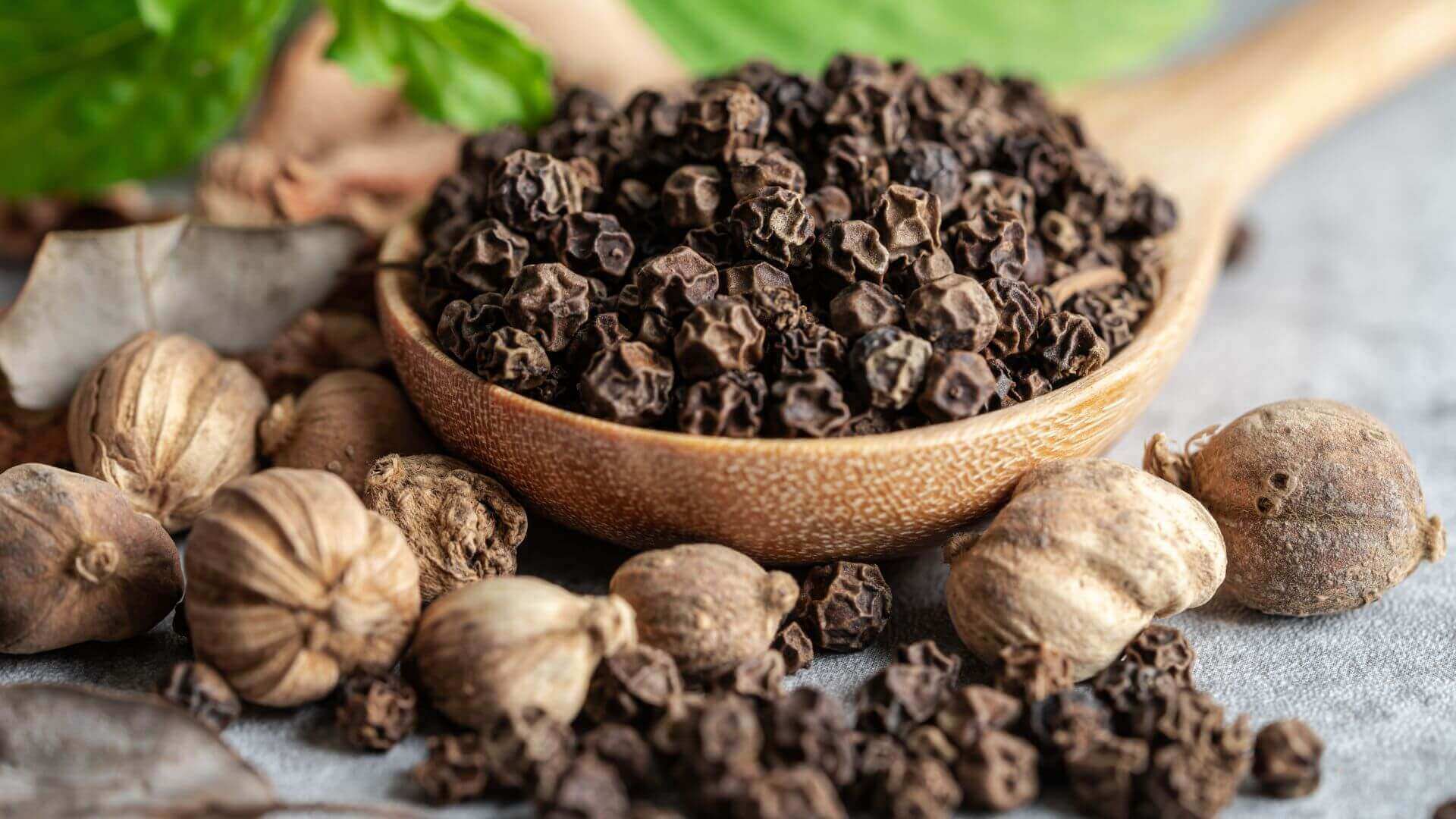
Cracked black pepper
Another ingredient in chai is cracked black pepper. Not only does it add warmth to chai, but it also contains powerful antioxidant and anti-inflammatory properties as well as several important vitamins and minerals too.
Black pepper contains a compound called piperine, a potent antioxidant that is being trialled in many studies for its anti-inflammatory properties.
Not all chai is created equal!
When it comes to choosing chai, it's important to be mindful of the quality and composition of the ingredients.
Collombatti Naturals takes pride in offering a chai range that stands apart from highly processed, instant chai powders and syrups commonly found in supermarkets and some cafes.
Our commitment to using only natural, whole ingredients and avoiding refined sugars makes our chai a healthier alternative.
We take great care in selecting whole spices and grinding them ourselves to ensure optimal freshness and flavour. By blending these aromatic spices with Australian-grown loose leaf black tea, we preserve their natural goodness, allowing you to experience the full depth of flavour in each cup.
So, when you indulge in a cup of freshly brewed Collombatti Naturals chai, take delight in knowing that it not only tastes amazing but is also good for your well-being.
References:
Disclaimer: This article is for informational purposes only. It is not intended to replace medical advice, diagnosis or treatment. No two people are the same, and each person may react differently to herbs and teas. Never use herbs or teas to treat serious medical conditions on your own. Always seek professional medical advice before choosing home remedies.
- WebMD - Chai, are there any health benefits?
- Harvard T.H. Chan School of Public Health - Nutritional Value of Tea
- Nutrition.gov - Herbs and supplements
- Piperine
- Ginger for morning sickness
- Cardamon









